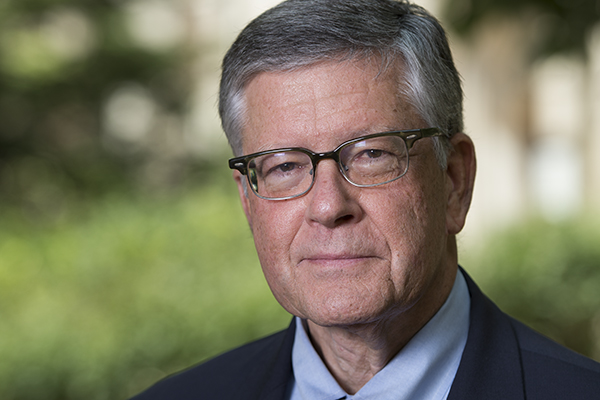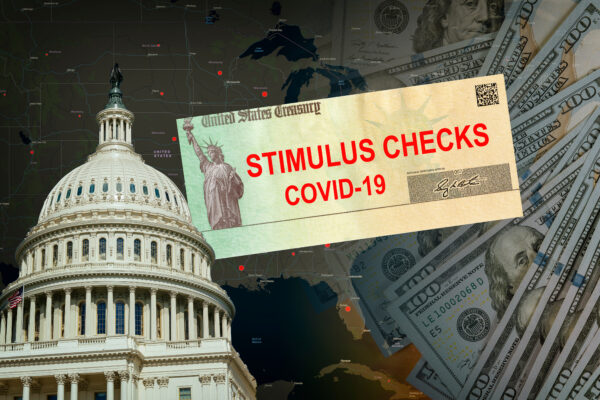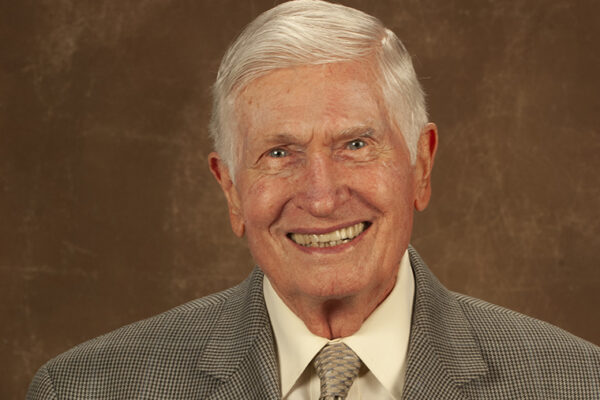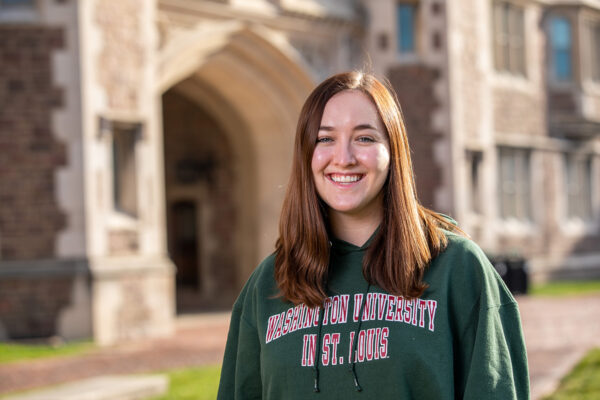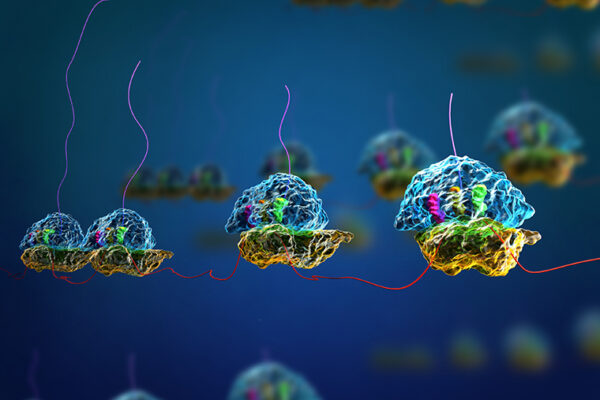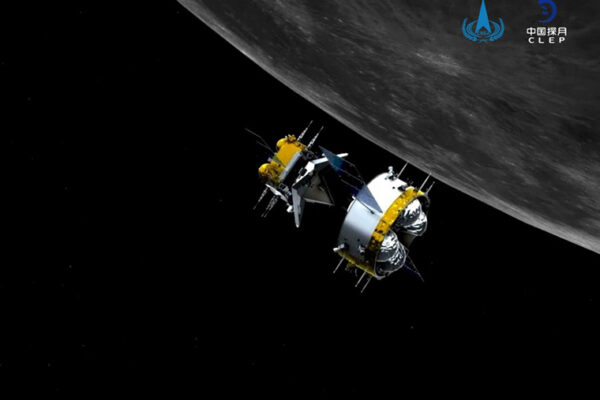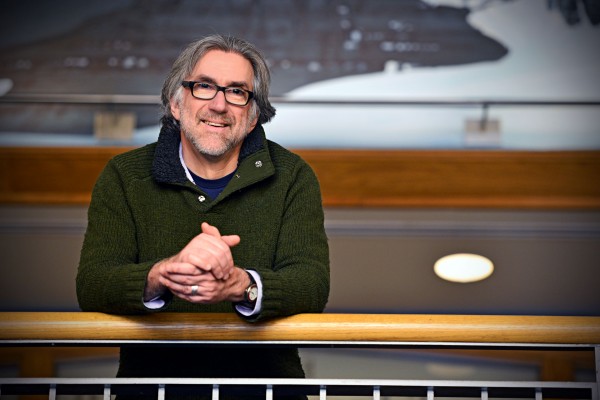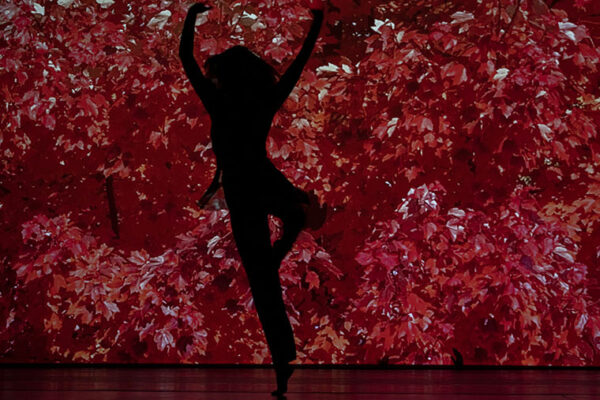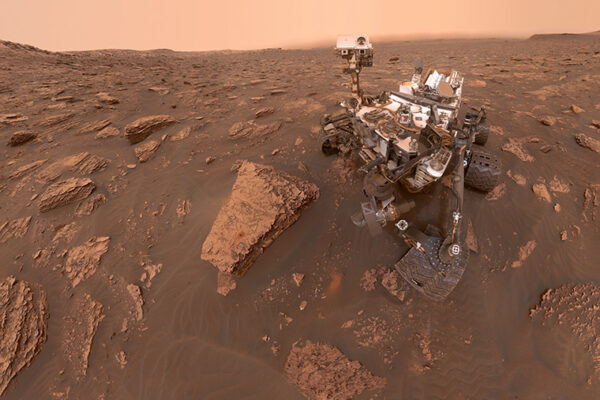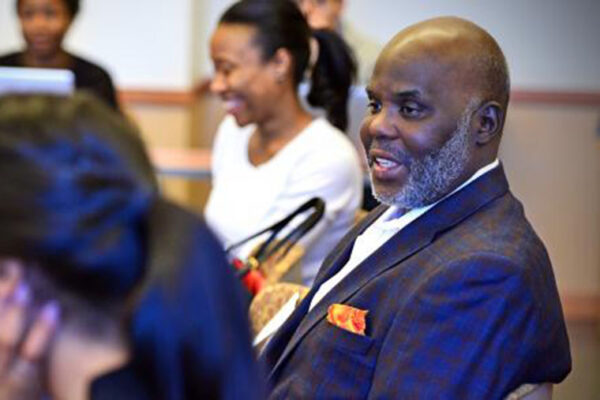Roediger honored for leadership, research contributions
The American Psychological Association has named Henry L. “Roddy” Roediger, the James S. McDonnell Distinguished University Professor of Psychological & Brain Sciences in Arts & Sciences, the recipient of its 2021 Award for Distinguished Scientific Contributions. In addition, the Psychonomic Society has awarded Roediger the Clifford T. Morgan Distinguished Leadership Award.
We need economic rescue, and we need it now
After months of failed negotiations that have left many Americans, businesses and the economy in the lurch, lawmakers are scrambling to reach a deal on an economic stimulus plan that could top $900 billion. If Congress passes the deal, will it do enough to help struggling Americans and businesses stay afloat? To answer that question, three business and economics experts at Washington University in St. Louis shared their thoughts on the proposed plan, what lawmakers got right, what is missing and what ticking time bombs remain.
Walter H. Lewis, professor emeritus in Arts & Sciences, 90
Walter H. Lewis, professor emeritus of biology in Arts & Sciences at Washington University in St. Louis, died peacefully at his home in St. Louis on Nov. 17, 2020. He was 90.
Class Acts: Dani Wilder
December graduate Dani Wilder is helping local students through the WashU Tutoring Initiative, a network of 130 K-12 student tutors who lead online lessons in math, science, languages and more for both typical learners and those with learning or physical disabilities. The program supports 440 families in the St. Louis region.
Seeking to avoid ‘full lockdown,’ cells monitor ribosome collisions
Ribosomes are the machines in the cell that use instructions from mRNA to synthesize functional proteins. When something goes awry, cells monitor for ribosome collisions to determine the severity of the problem, according to new research from Washington University in St. Louis biologists in Arts & Sciences.
China probe returns with ‘treasure trove’ of moon rocks
The Chinese space agency announced Dec. 16 the return of a lunar probe bringing back the first fresh samples of rock and debris from the moon in more than 40 years. Bradley L. Jolliff, the Scott Rudolph Professor of Earth and Planetary Sciences in Arts & Sciences at Washington University in St. Louis, reflects on the scientific value of the samples.
McKinnon honored by American Geophysical Union
Bill McKinnon, professor of earth and planetary sciences in Arts & Sciences, is one of 62 geoscientists who have been elected to the American Geophysical Union’s 2020 class of fellows.
Dancing for the camera
“Aperture,” the 2020 Washington University Dance Theatre concert, will begin streaming via the Performing Arts Department in Arts & Sciences at 7 p.m. Friday, Dec. 18. Typically presented in Edison Theatre, the annual event has been reimagined for this year as a “Dance for the Camera” film festival.
Powerful electrical events quickly alter surface chemistry on Mars and other planetary bodies
Dust-related electrochemistry can reshape Martian surface materials with physical and chemical changes observable after only hundreds of years. Similar electrical effects may be instrumental on Venus and Europa, according to new work from Alian Wang in Arts & Sciences.
Obituary: Garrett Duncan, associate professor in Arts & Sciences, 59
Garrett Duncan, associate professor of education and of African and African American studies, both in Arts & Sciences, died Dec. 8, 2020, at Barnes-Jewish Hospital. He was 59.
View More Stories
